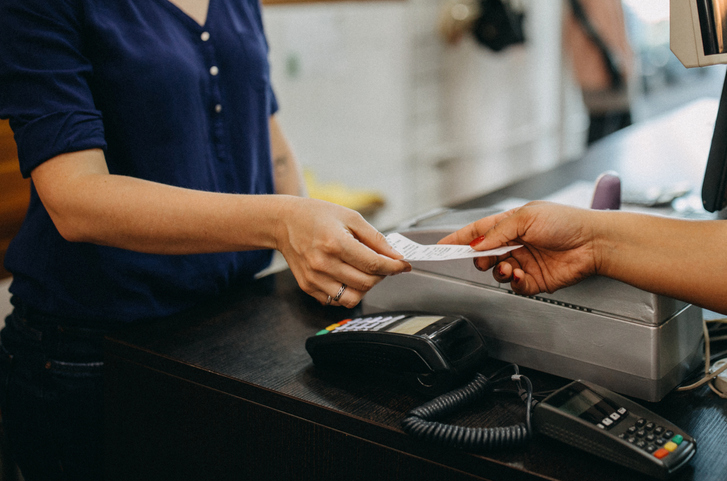
E-Invoicing and Its Geopolitical Stakes
France’s electronic invoicing reform relies on a Y-architecture, where Partner Dematerialization Providers (PDPs) play a central role in issuing and…
Generix Launches Solochain Now – Packaged Solution to Deploy a Complete SaaS WMS in as Little as 16 weeks View the press release

With Law No. 2020-105 of February 10, 2020 on the fight against waste and the circular economy, more commonly known as the anti-waste law, the government intends to limit waste and preserve natural resources by changing our production and consumption models. Among the various measures already adopted, one should not be overlooked: the ban on automatic printing of tickets from January 1, 2023. It concerns:
In fact, each year, 10,600 rolls of paper are consumed per hypermarket to print cash register receipts(1). Within the next year, paper tickets will only be issued on the customer’s express request, as stated in article L541-15-10 of the French Environmental Code. For the government, this new regulatory framework should allow to fight effectively against the waste of paper, especially since many customers throw away their printed tickets once they leave the store.
For stores, the end of the systematic printing of receipts – already applied by some brands – will obviously allow to limit expenses on this item. However, it will also confront retailers with several major challenges.
Although it may seem restrictive, this new framework is in fact an opportunity for points of sale. Indeed, retailers have the opportunity to dematerialize the receipt, both to meet this obligation and to develop their customer relationship. It must be said that the dematerialization of the item, provided that it is prepared in advance, offers many prospects.
To anticipate this regulatory opportunity and get the most out of it, discover our dedicated offer, Generix Omnichannel Sales (FR), including its Local POS solution.
(1)The anti-waste law in the daily life of the French: what does it mean in practice? – Reference document – Ministry of Ecological Transition – 2021 (2)Paper receipts: the beginning of the end? – 60 Millions de Consommateurs – 2021

France’s electronic invoicing reform relies on a Y-architecture, where Partner Dematerialization Providers (PDPs) play a central role in issuing and…

The B2B mandate in Germany, set to take effect on January 1, 2025, marks a crucial step in the European…

Following the October 15 announcement regarding the abandonment of the PPF development, the DGFIP and its partner AIFE are ramping…

Work with our team to build your ideal supply chain software stack and tailor it to your unique business needs.